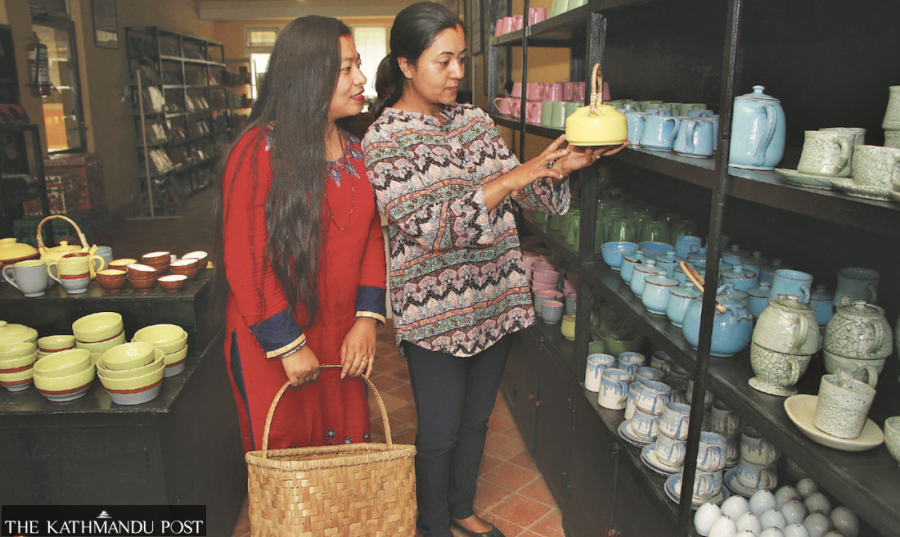Editorial
Monitoring disparities in gender
It is the informal sector that we need to watch to measure the depth of the law’s penetration.
Amid all the repulsive news of political mudslinging in the recent past leading up to the ratification of the Millennium Challenge Corporation Compact, a news story in the Post's Wednesday edition concerning Nepal's effort in closing the gender gap made for a pleasant read. According to a World Bank report, Nepal made the fastest progress among South Asian countries in closing gender-based gaps. Of the eight indicators, it is commendable that Nepal was able to score the maximum points—100—in laws, about the workplace, pay and marriage.
The presence of fair laws is to be seen positively; however, the implementation of these all-encompassing pieces of legislation requires a robust monitoring system to provide a justifiable working environment, especially in the informal sector. At the same time, some form of adherence to the law can be attributed to the formal sector. Most people who work in the formal sector are generally aware of what the law entails, and more importantly, they have recourse to justice if they sense any form of discrimination. Therefore, it is the informal sector that we need to carefully monitor to measure the depth of the law's penetration, and only then can we fairly attribute these scores correctly.
In Nepal, of the total employed population of 7.1 million people, 84.6 percent (roughly 6 million) are involved in informal employment. And with an overwhelming 90.5 percent of women engaged in the informal sector, there is more reason to ensure that the law works on a practical level for those who need it most. Both men and women put in the same amount of effort in their work, and yet women are paid far less for their effort, commonly falling victim to traditional gender perceptions that have been ingrained deep into our consciousness.
Despite the informal sector contributing almost 40 percent to Nepal's gross domestic product, laws to ensure their protection against discrimination, health and general well-being are virtually non-existent. And because the informal sector primarily employs a significant percentage of women, the picture painted by the statistics do not cover the ground reality. Lack of education and rigid societal values are the foremost contributing factors that push women into the informal sector and prevent them from exploring other possibilities.
Multiple issues need to be addressed in the formal sector as well. For example, laws pertaining to breastfeeding at the workplace exist, but very few places have implemented them in practice. And in another instance, statistics obtained from Nepal Rastra Bank show that 80,061 women entrepreneurs borrowed Rs73.85 billion in concessional loans provided to encourage women's participation in entrepreneurship in the first six months of the fiscal year. Still, a World Bank report published in 2020 states that businesses are registered in women's names to obtain subsidised loans, but in reality, they are run by men. There are glaring disparities between what we see on paper and the ground reality. Hence, efforts need to be undertaken to ensure that these discrepancies are plugged to have a more accurate view.




 9.7°C Kathmandu
9.7°C Kathmandu














